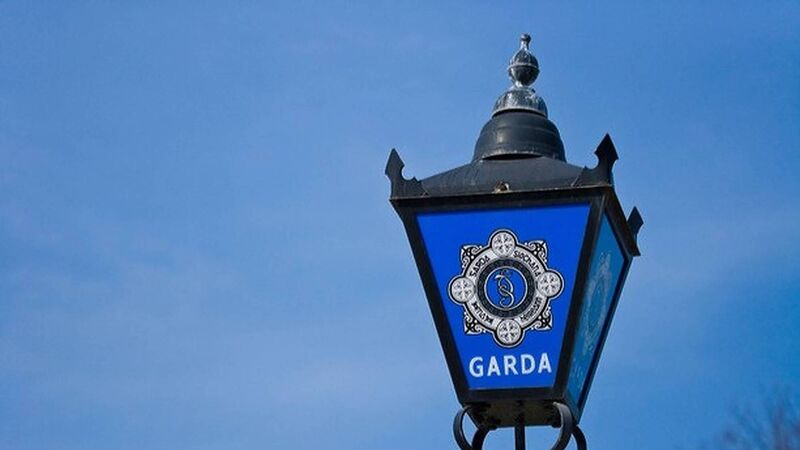Garda staff taking 999 calls dealing with verbal abuse and sexually explicit comments, report finds

Report also found staff wanted more training to deal with challenging calls, including calls from people contemplating suicide.
Garda staff taking 999 calls are dealing with increasing levels of verbal abuse, including threatening or sexually explicit calls, as well as higher numbers of nuisance and vexatious calls, according to a new report.
A review, conducted for the Policing Authority, said one “innovative” approach taken by gardaí to deal with a nuisance caller was to prosecute under cybercrime legislation on the basis the sheer number of calls amounted to a “denial of service” that adversely impacted emergency services.










